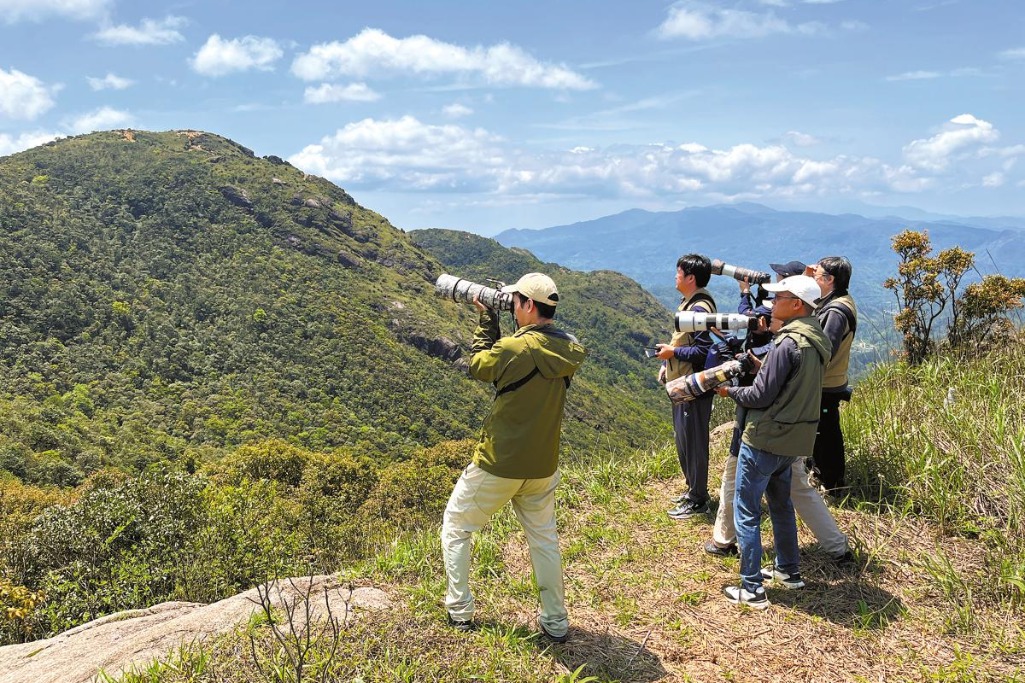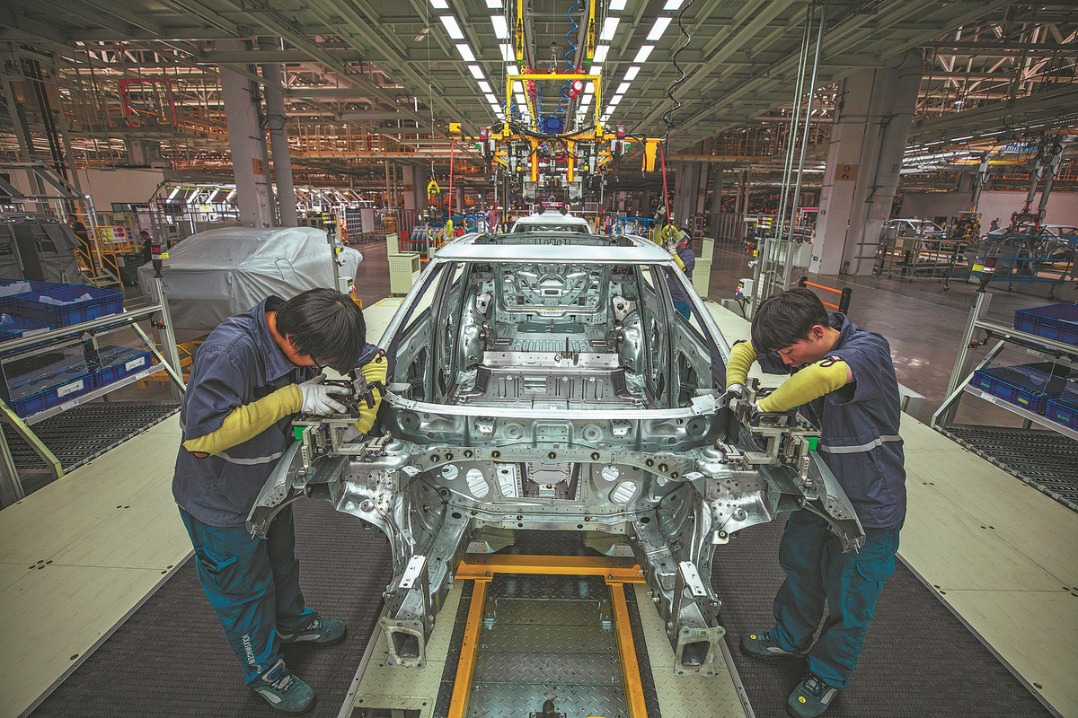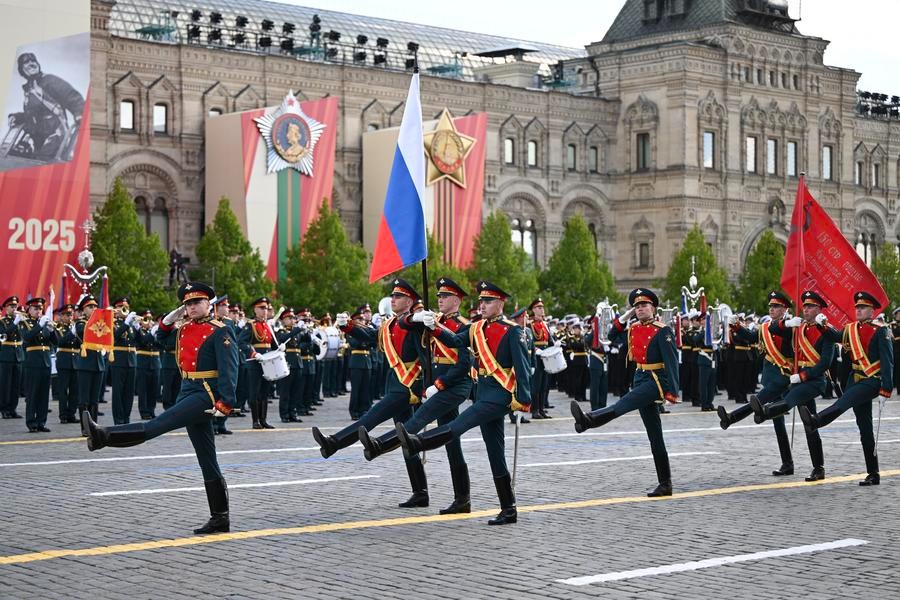Talks still possible but not on US terms

US' unfair demand on IPR protection
Feng Xiaoqing, a professor of intellectual property law at the Civil, Commercial and Economic Law School, China University of Political Science and Law
The US has been pressuring China to further strengthen its intellectual property rights (IPR) protection not because China's IPR law is not effective enough, but because the US wants to impose its own standards on China on the basis of an investigation report under Section 301 of the US Trade Act of 1974, which is essentially a by-product of trade protectionism.
As a matter of fact, China has strengthened IPR protection to such an extent that it has reached international standards in tandem with its social and economic development. For instance, the amendment made to the Trademark Law late last month set the compensation for malicious infringement of trademarks at up to five times the amount of actual losses from the previous three times and raised the upper limit of compensation from 3 million yuan ($436,060) to 5 million yuan, significantly increasing the cost of breaking the law, so as to better protect IPR.
China's inherent need to strengthen its IPR protection to suit its evolving social and economic realities has propelled the legislative progress on IPR protection. So while abiding by international norms and performing international duties, China has to decide the rhythm of its legislation process to strengthen IPR protection.

































